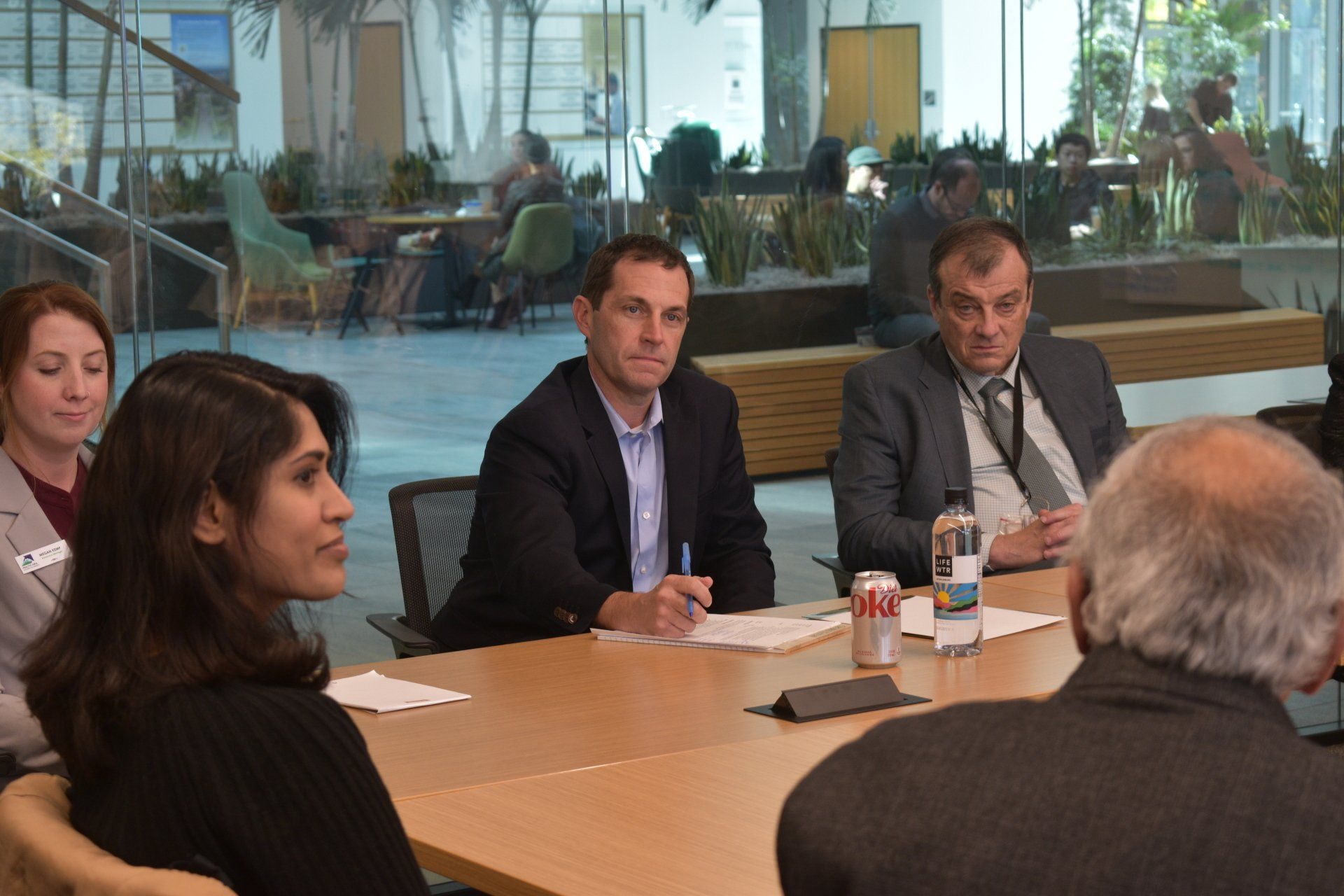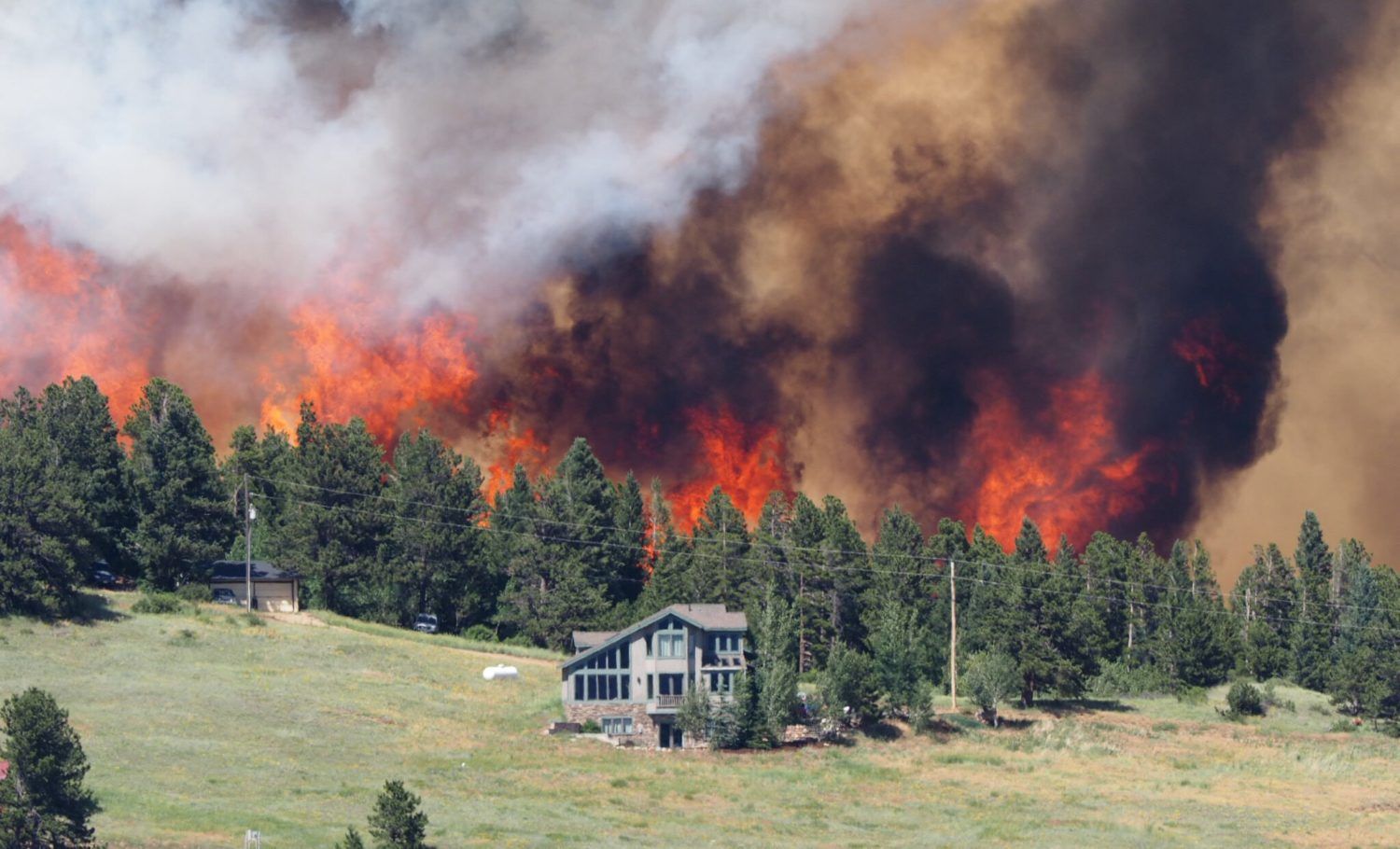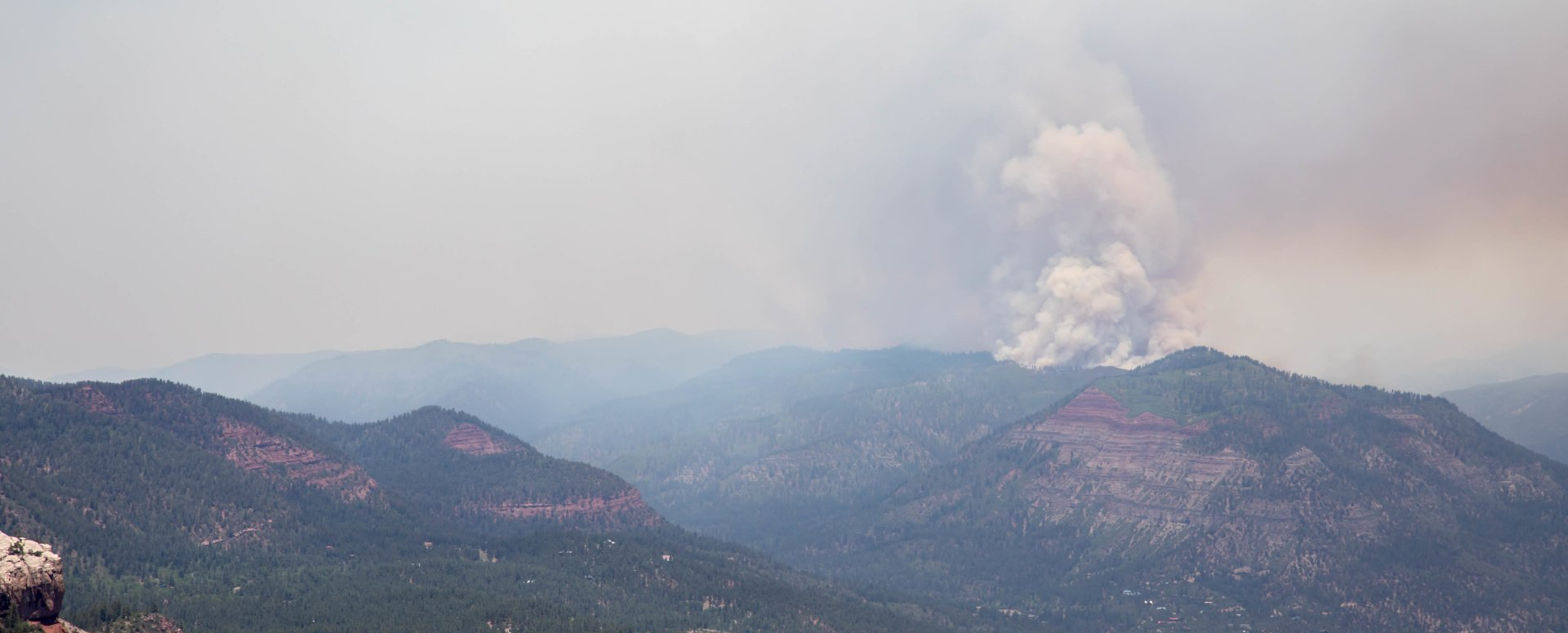PRESS RELEASE: Health Leaders Urge Gov. Polis to Treat Extreme Heat as a Public Health Emergency
National and Local Coalition Calls for Urgent State Action to Protect Communities from Worsening Heat Risks
Colorado Springs, CO–As record-breaking heat waves threaten communities across the country, a national coalition of health organizations, advocates, and frontline health professionals is urging governors – including Colorado Governor Jared Polis – to take immediate action to protect residents from the life-threatening impacts of extreme heat.
In an open letter sent to state leadership ahead of the National Governors Association summer meeting starting Thursday, more than 130 organizations – coordinated by the Alliance for Heat Resilience and Health – called on state leaders to treat extreme heat as the growing public health crisis it is. The signers include physicians, nurses, public health experts, major health associations, and climate organizations, including groups here in Colorado.
“Extreme heat is not just a summer inconvenience – it is a public health emergency that demands leadership and swift action,” the letter states. “With better planning and stronger protections, states can save lives, protect vulnerable communities, and ease the growing burden on health systems.”
Extreme heat is one of the leading causes of weather-related deaths in the United States, with an estimated 2,300 deaths in 2023 – and at least 21 in Colorado in 2024 – and when excess deaths are fully counted, the true toll likely exceeds 10,000 lives lost each year.
“Extreme heat is a deadly threat to public health in Colorado," said Alex Boian, Executive Director of Healthy Air and Water Colorado, "Every summer, we see more people in emergency rooms, more vulnerable residents left without relief, and more pressure on already strained health systems. Governor Polis has the opportunity to lead with the urgency this crisis demands — by treating extreme heat as a public health emergency and protecting those who are most at risk.”
The health risks are severe and far-reaching. High temperatures worsen cardiovascular, respiratory, and kidney diseases, increase risks for pregnant people and children, and drive up air pollution levels that contribute to chronic illnesses.
"Dangerous and worsening heat waves are putting Coloradans’ lung health at risk," said Nick Torres, Advocacy Director with the American Lung Association in Colorado. "Strong, decisive action from our state leaders is critical to prepare for extreme heat events, track their impacts, and invest in strategies to reduce health harms and ultimately to save lives – especially in our most vulnerable communities.”
Vulnerable communities – including outdoor workers, people without reliable cooling, children, older adults, and low-income families – feel these dangers first and worst, often without the resources to stay safe.
"Extreme heat is a growing public health and economic threat in Colorado, especially for those who are already bearing the brunt of inequities in our state – outdoor and construction workers, older adults, children, and people living without access to cooling," said Sophie Shea, Policy Analyst at the Colorado Fiscal Institute. "We need bold public investment to protect the health, safety, and dignity of every Coloradan."
Meanwhile, health systems in states like Colorado are under growing strain as hospitals and emergency responders face surging heat-related ER visits, 911 calls, and rising demand for care, pushing an already overburdened system closer to crisis.
“Health professionals can’t stop the worst impacts of extreme heat alone — we need strong policies that prevent heat-related illnesses before they happen," said Lauren Swain, Coordinator for Physicians for Social Responsibility of Colorado. This is a matter of health, safety, and economic security for millions of Colorado residents.”
The coalition outlines four policy priorities for governors to act on now:
Launch statewide assessments and invest in health surveillance to track heat impacts.- Designate a statewide heat lead and develop a whole-of-government plan.
- Treat extreme heat as a state of emergency to unlock resources and save lives.
- Develop long-term financing and planning strategies to reduce extreme heat risks.
Read the full letter: https://bit.ly/NGALetter
For local media inquiries, please contact info@hawcolorado.org.
About the Alliance for Heat Resilience and Health
The letter was organized by the Alliance for Heat Resilience and Health (AHRH), a coalition dedicated to responding to the health harms of extreme heat. Participating organizations include the Alliance of Nurses for Healthy Environments, the American Lung Association, the American Public Health Association, the Federation of American Scientists, the Medical Society Consortium on Climate and Health, the Natural Resources Defense Council, Physicians for Social Responsibility, and many others.
About Healthy Air and Water Colorado
Healthy Air and Water Colorado (HAWC) mobilizes the voice of health professionals to shape policies that protect the well-being of people and the planet. By engaging health professionals, advancing science-based policy, and centering the communities most impacted by climate change, HAWC works to ensure clean air, safe water, and a healthy environment for all Coloradans. Learn more at hawcolorado.org.
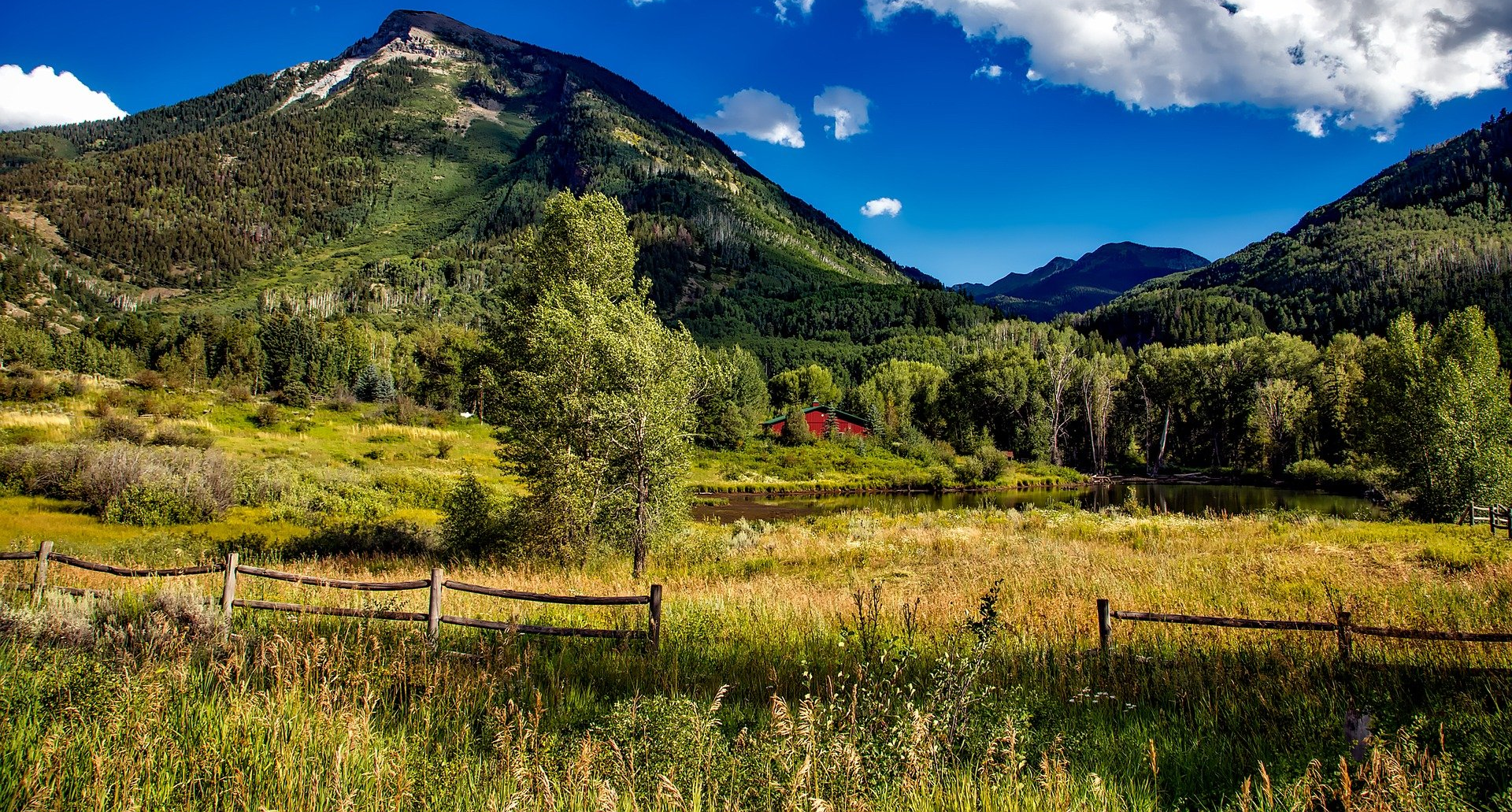
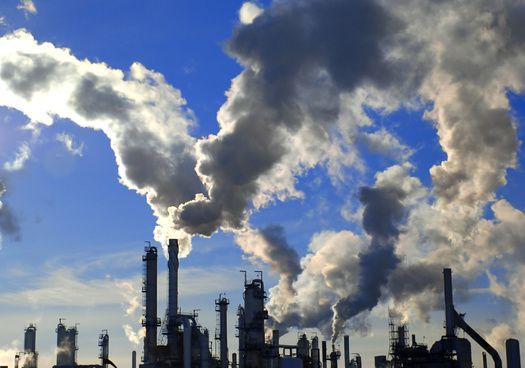
Press Release: Colorado Takes Important Step in Cutting Methane Pollution, But More Action is Needed

